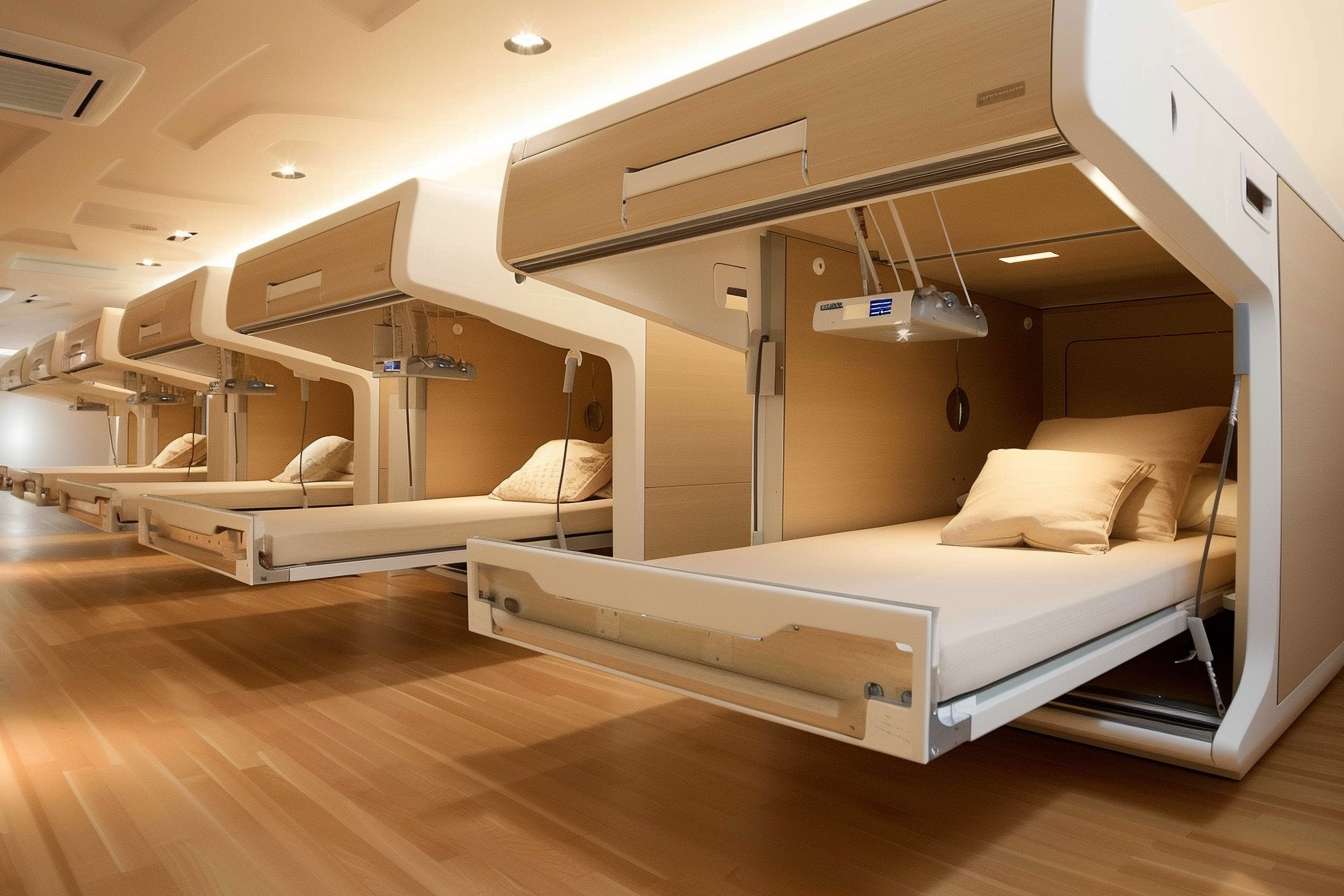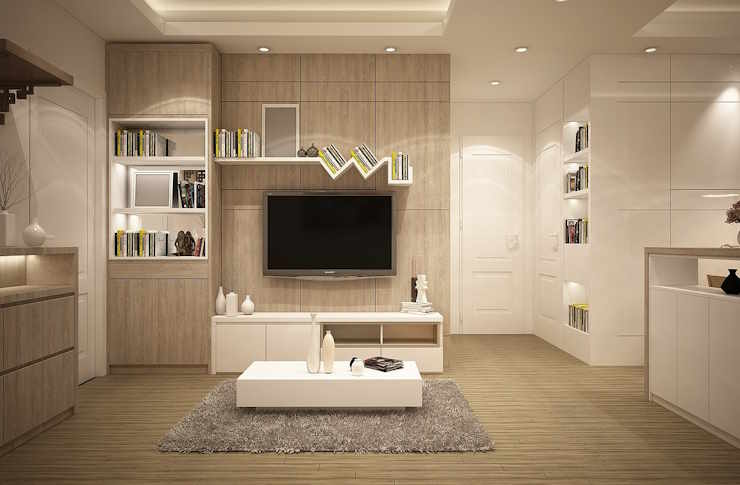Unveiling the Charm of Capsule Hotels: A Micro-Luxury Revolution
Capsule hotels, once a quirky Japanese concept, are rapidly gaining global traction as a unique accommodation option for modern travelers. These compact sleeping pods offer a blend of affordability, functionality, and futuristic design that's reshaping the hospitality landscape. From Tokyo to London, capsule hotels are popping up worldwide, challenging traditional notions of comfort and luxury. This article delves into the fascinating world of capsule hotels, exploring their history, evolution, and growing appeal among diverse traveler demographics.

As the concept matured, capsule hotels began incorporating more amenities and design elements. The early 2000s saw the first capsule hotels outside Japan, with implementations in major Asian cities like Singapore and Hong Kong. By the 2010s, the trend had spread to Europe and North America, adapting to local tastes and regulations while maintaining the core principle of compact, efficient accommodation.
Beyond Basics: The Modern Capsule Experience
Today’s capsule hotels are a far cry from their utilitarian predecessors. Many now offer a range of pod sizes, from single occupancy to larger units for couples or families. High-tech features like climate control, mood lighting, and entertainment systems are increasingly common, elevating the capsule experience from mere practicality to a form of micro-luxury.
Some capsule hotels have embraced themes, creating immersive environments that appeal to niche markets. From sci-fi inspired pods that make guests feel like they’re aboard a spaceship, to nature-themed capsules bringing a touch of the outdoors inside, these themed experiences add an element of adventure to the stay.
The Appeal of Minimalism in Travel
The rising popularity of capsule hotels aligns with broader societal trends towards minimalism and efficiency. For many travelers, particularly younger demographics, the appeal lies in the stripped-down, no-frills approach that focuses on the essentials of a good night’s sleep.
This minimalist ethos extends beyond just the sleeping space. Many capsule hotels feature communal areas designed for socializing and working, reflecting the changing needs of modern travelers who often blur the lines between work, leisure, and travel. These shared spaces can range from cozy lounges to fully-equipped co-working areas, catering to digital nomads and business travelers alike.
Sustainability and Smart Design
Capsule hotels are often lauded for their efficient use of space, particularly in dense urban environments where real estate comes at a premium. This efficient design translates to lower energy consumption per guest, making capsule hotels an increasingly attractive option for environmentally conscious travelers.
Many capsule hotels are incorporating sustainable materials and energy-efficient systems into their design. From recycled materials in construction to smart lighting and climate control systems that minimize energy waste, these hotels are setting new standards in eco-friendly accommodation.
Challenges and Future Prospects
Despite their growing popularity, capsule hotels face challenges in some markets. Regulatory hurdles, particularly in Western countries with strict building codes, can make it difficult to implement the capsule concept fully. There’s also the challenge of perception – some travelers still view capsules as claustrophobic or lacking in comfort.
However, as designs evolve and more travelers experience capsule hotels firsthand, these perceptions are changing. The future of capsule hotels looks bright, with potential expansions into new markets and continued innovations in design and functionality. Some industry experts predict the integration of capsule-style accommodations into traditional hotels, offering a range of room types to suit different preferences and budgets.
Capsule Hotel Insights for Savvy Travelers
• Book early for popular capsule hotels, especially in major cities during peak seasons
• Check the amenities carefully – offerings can vary widely between different capsule hotels
• Consider the location – many capsule hotels are strategically placed near transport hubs or popular attractions
• Be prepared for shared bathrooms in some capsule hotels, though private options are becoming more common
• Pack light – storage space is often limited, but many capsule hotels offer lockers for larger luggage
• Take advantage of common areas for working or socializing – they’re often well-designed and comfortable
As the travel industry continues to evolve, capsule hotels stand out as a testament to innovation in hospitality. They offer a unique blend of affordability, efficiency, and often unexpected luxury, catering to a new generation of travelers who value experiences over extravagance. Whether you’re a curious traveler looking to try something new or a practical one seeking a comfortable place to rest your head, capsule hotels offer an intriguing alternative to traditional accommodations. As this trend continues to grow and refine itself, it’s clear that these micro-hotels are more than just a passing fad – they’re reshaping the way we think about travel and accommodation in the 21st century.






